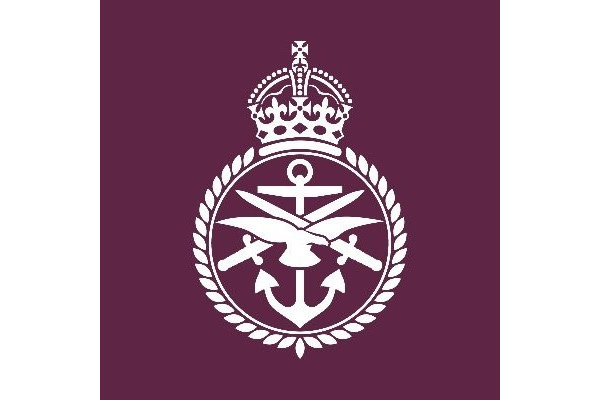The UK is Investing in Sensors That Will Help Protect Satellites
One Fifth of the UK Economy is Reliant on Satellite Services
British businesses, emergency services and more will be protected from drastic disruption by new sensors that identify laser threats from adversaries to military and civilian satellites in space, according to the UK Ministry of Defense.
“Space is a hugely important and contested frontline and satellites play a vital role in UK prosperity and security.”
Luke Pollard, MP
Lasers can be used by adversaries to track the location of satellites, dazzle or blind them, or to intercept and interrupt communications. The new sensor technology under development will be able to determine the characteristics of lasers based in space or on the ground and whether they pose a threat to the satellite, providing the military with crucial information to protect and defend UK and allied space systems and assets.
Nearly 20% of UK GDP is reliant on satellite services, which are essential for supporting daily life, including through communication, money transfers, navigation, emergency services, and weather forecasting. Satellites are also critical to defense, providing capabilities such as intelligence, surveillance and reconnaissance and providing instant communications to military platforms.
The new sensors are being developed by the UK Space Command (UKSC), which is a joint command of the British Armed Forces, and the UK Space Agency (UKSA), the Government body responsible for the country’s civil space program. The project is backed by around £500,000 (≈$672,000) of funding - the first allocated as part of the UKSA’s Unlocking Space for Government program, which aims to harness space to improve UK public services and strengthen national security as part of the Government’s Plan for Change.
The announcement follows the Strategic Defence Review identifying defense in space as central to warfighting and protecting national infrastructure, as well as identifying investment in defense as an engine for growth that will be crucial to the Government’s Plan for Change.
“Space is a hugely important and contested frontline and satellites play a vital role in UK prosperity and security. They are crucial to our everyday lives and provide a critical capability for our Armed Forces. It is essential they are protected,” said Luke Pollard MP, Minister for Defence Readiness and Industry. “Today’s announcement shows our commitment to defend British assets in orbit - which protect us on the ground, in the air and at sea. This supports our national security, delivering on the Government’s Plan for Change.”
“The Strategic Defense Review raised space to parity with the traditional warfighting domains and underscored the critical importance of space to our economy, prosperity and national security and defense,” said Major General Paul Tedman, Commander of UK Space Command. “It made it clear that space does not just accessorise our way of war, in many respects it is changing it fundamentally. It also made clear that threats to our national interests in space are increasing.
“In this new era of threats, UK Space Command is competing against a growing arsenal of adversary counterspace systems and requires new and innovative edge technology to protect and defend our satellites. Therefore, I am delighted that in less than 6 months after publishing the SDR, we are investing new money into this novel technology to accelerate our space program.”
“Protecting the UK’s satellite infrastructure is vital to our national security, economy and daily life. This joint project with UK Space Command marks an important step in developing the tools we need to detect and respond to emerging threats in space. By investing in cutting-edge sensor technology, we’re helping to ensure that the UK remains resilient and ready in an increasingly contested space environment,” said Harshbir Sangha, Director of Missions and Capabilities at UK Space Agency.
The aerospace and defense sectors added over £42 billion (≈$56.6 billion) to the economy last year, an increase of 64% in the last 10 years, delivering on the Government’s Plan for Change. There are now 443,000 people now directly employed across the UK, with the Government making defense an engine for economic growth.



